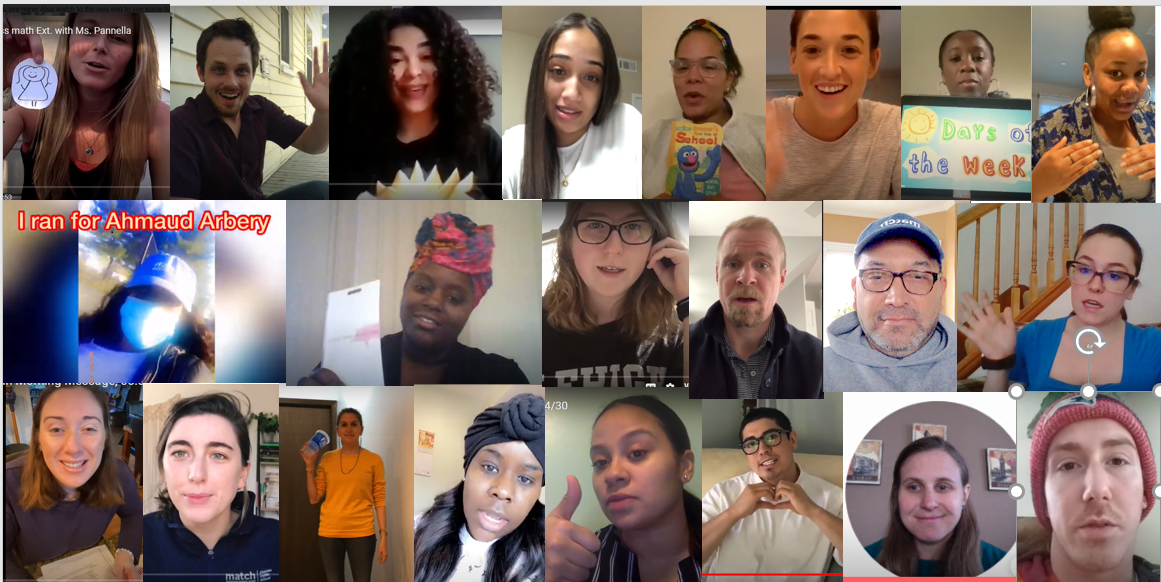Like many of our charter public school peers, our school deeply values and relies heavily on feedback from our school community. At Match Charter Public School in Boston, we typically survey students as we see the deep link between student experiences, staff professional development, and student achievement. We also frequently gather feedback from families via outreach phone calls, meetings, and surveys. This information and input is invaluable during the best of times, but as we’ve been navigating schooling during the COVID-19 crisis, it has become even more clear that student and family input has to be at the center of all that we do, now and moving forward. Without the work that our teachers and administrators have done to engage with our students and families during this public health emergency, we would not have been able to continue to deliver inclusive and high-quality learning for all our kids. Our families and students have been, and continue to be, true partners in making all that we do possible.
At Match, we’ve found ourselves constantly adapting what we do and how we do it more than ever. In the last few weeks, we’ve adjusted our work volume based on student input; we’ve hosted Google Hangouts with families to hear concerns and feedback; we’ve been making extra calls to parents to discuss their child’s work; and, we’ve been in constant email and text communication with our families. At our elementary school, we’ve built a new website for families to access student work. At our middle school, we have used surveys to mail home reading books. At our high school, our team has been providing a weekly update with space for feedback from parents and our principals have also been sharing parent quotes in their weekly emails to help drive and shape our work. Match students have been figuring out what they need and advocating for themselves and their peers. Members of our operations teams have been working tirelessly to ensure every student has the technology and the books they need, as well as regularly checking in with families to figure out additional ways that the school can support. Our Mental Health team members have been working with families individually and checking in on their well being. Our Special Education teams have been holding virtual IEP (Individualized Education Plan) meetings. Our Match staff have been making every effort to honor the voices of our families and students and listen and respond to their concerns and ideas.
While students and their families have always been at the heart of our work, being remote has reminded us that they can and should give input and advice on our plans all the time, and at the very least underscored that it can and needs to happen more frequently than the 3 to 5 times a year we’ve typically done so. During this crisis we’ve asked our students and families more questions, and they’ve helped us make better plans.
When we return to school, my hope is that we don’t go back to “business as usual,” but that instead we improve our practice based on what we’ve learned during these unprecedented times. Our partnership with students and families can be much deeper than we ever thought possible, and once we are back in a physical building together, I hope that we incorporate ways to stay digitally connected on an ongoing basis. COVID-19 has most definitely been a masterclass in family and student partnerships, and that is a lesson that our Match school community will carry forward for years to come.
The image below is a compilation of Match staff members engaging in virtual student and family outreach.
Emily Stainer, Chief Academic Officer





